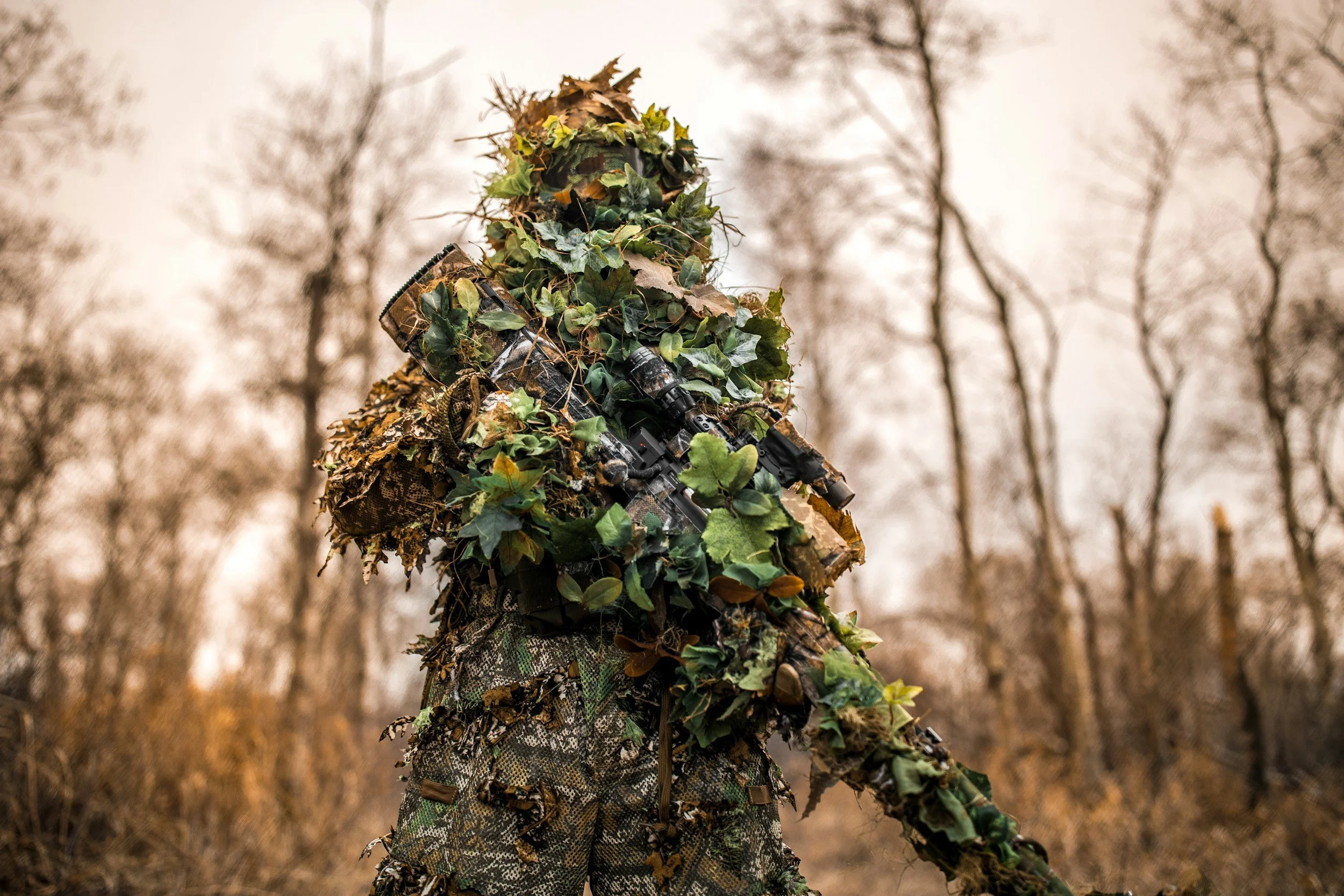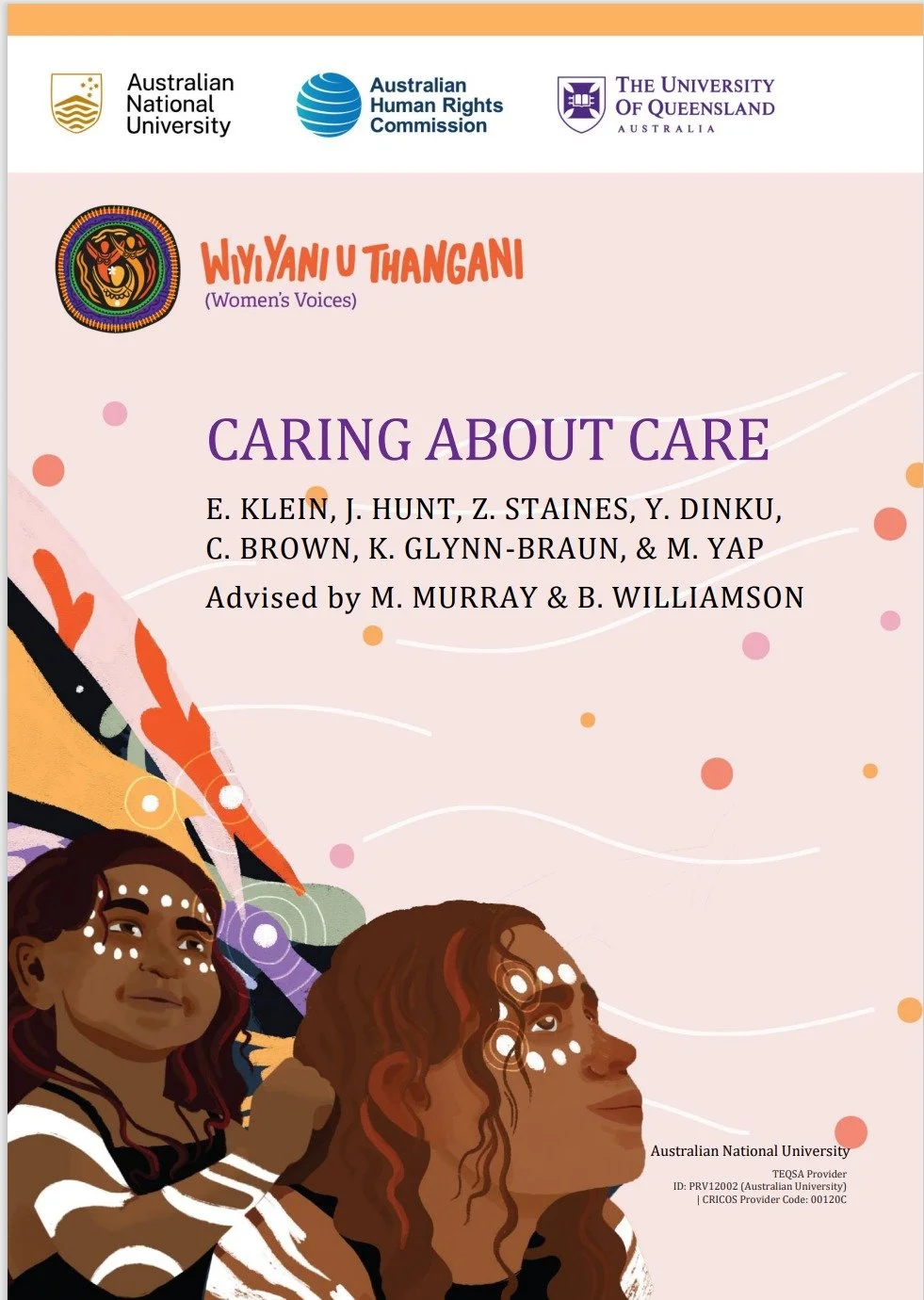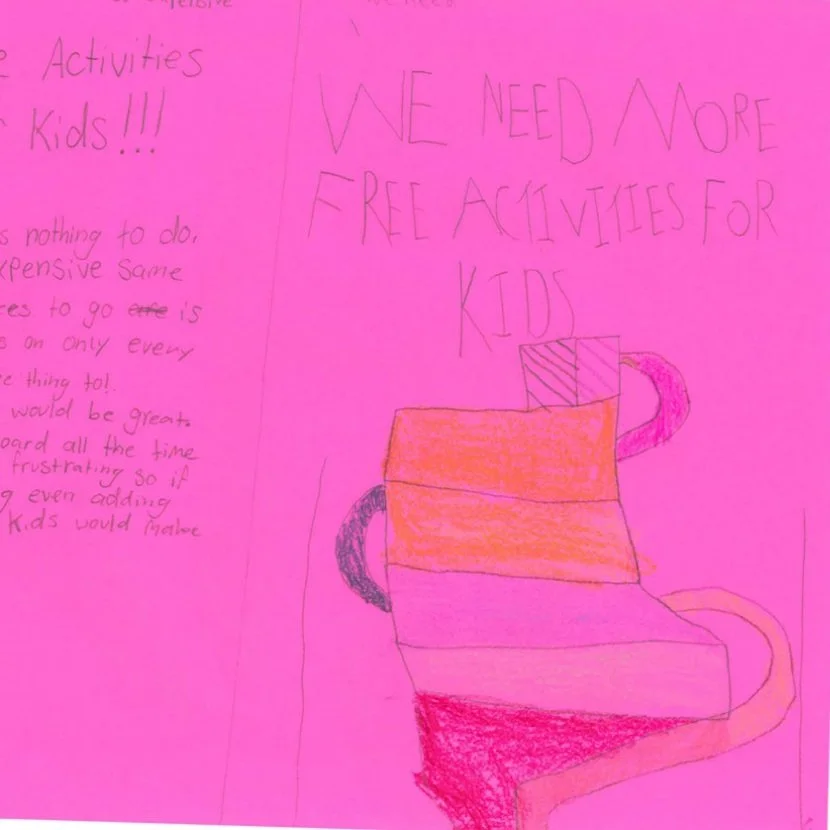Vulcana Circus is a not-for-profit arts and recreation organisation that works with the circus traditions of inclusiveness, strength, excitement and courage to transform and empower individuals and communities. In this week’s post, they argue for greater recognition of the role of artistic and creative practices in achieving health and wellbeing outcomes.
Read MoreThe Ngulluk Moort, Ngulluk Boodja, Ngulluk Wirin (Our Family, Our Country, Our Spirit) Study is working with the leadership and staff at foster care agencies and community members to provide information about cultural connection, and cultural activity and resources for Aboriginal children living in non-Aboriginal care arrangements. In today’s post, they report on the outcomes of ‘The Truth of Our Stories’ , a cultural training workshop with a focus on truth-telling.
Read MoreThe boom in mental health awareness can be seen all around us – from branded ad campaigns (think Maybelline’s “Brave Together”) to celebrities and movies addressing mental health issues (think Prince Harry; Joker) – it’s hard to avoid content urging us to be knowledgeable of what mental health struggles are like, and to be unafraid to come forward and talk about them. However, alongside this wave of heightened awareness has been an enormous rise in rates of mental health diagnosis. Anxiety, depression, ADHD and autism rates have all risen substantially for UK youth in the last 20 years, according to one study by Cybulski et al. (2021), and many other studies report similar findings from around the world. So, in this post, Shayna Weisz asks ‘what is going on?’
Read MoreIn this post, Karina Harback shows why “Inspire Connections” offers more than just time with horses—it’s a striking example of what becomes possible when communities are empowered to respond creatively to children’s needs. Partly funded by Communities for Children in Southern Tasmania, this equine-facilitated learning program shows how intelligent support can unlock locally driven, strengths-based initiatives. As a teacher and Equine Facilitated Learning Practitioner, Karina continually adapts the program to create a responsive, safe, and relational space where students develop emotional regulation, self-awareness, and confidence—skills often out of reach in traditional classrooms. At its heart, this is a story about what happens when community, care, and connection come together - and why enabling place-based responses is key to supporting all children to thrive.
Read MoreBernadette Black AM, CEO and Founder of SEED Futures, shares her deeply personal journey from teenage motherhood to national systems change advocate. Reflecting on the transformative impact of one woman’s care and belief in her, she makes a powerful case for reimagining the way Australia supports families in their earliest, most vulnerable days. With warmth and urgency, Black argues that kindness must not depend on chance—it must be built into the system. Through SEED Futures and the Incremental Reform Catalogue, she offers a clear, practical path to make that vision real.
Read MoreIn a world where even after-school chess is expected to polish a child’s critical thinking résumé, the pressure to prove every moment's utility has reshaped how we talk about education. But what if children themselves have a different idea? This post by Megan Lang explores how Children’s University challenges narrow definitions of learning, and what happens when we start listening to children’s own accounts of joy, curiosity, and connection beyond the classroom.
Read MoreToday Maria Katsonis, a mental health advocate with lived experience of mental health issues, discusses the complexity of including lived experience in mental health reform, warning that organisations and policymakers must be willing to share power if the promise of lived experience is to be realised.
Read MoreIn this week’s blog, Simon Katterl writes about Victoria’s proposed anti-vilification laws and their implications for vilification in mental health.
Read MoreAs we approach the end of 2024, it seems an appropriate time to reflect on both the progress that has been made in disability equality, but also the things that we all do to protect ourselves and sustain our collective and individual advocacy efforts. In the Spring 2024 Edition of the Canberra Disability Review , Editor Rob Donnelly invited readers to do this, by responding to the question: What do you do that helps you to keep going, and maintain some measure of hope, when progress towards a fairer and more inclusive Australia is under heavy fire?
Advocacy for Inclusion’s Head of Policy, Craig Wallace, and the Disability Leadership Institute’s CEO and Founder, Christina Ryan, shared their perspectives.
Read MoreCare-giving can be a rich and complex experience that is both rewarding and challenging. Enrico Pfeifer (@EnricoPfeifer1), a PhD Candidate at the University College London, knows this first-hand. Today, he explores his doctoral research on the impact that care-giving can have on people’s health, and how we can support care-givers to stay healthy.
Read MoreThis week Prime Minister Anthony Albanese announced the government's plan to introduce legislation to ban younger teens from social media. Today, Cadhla O’Sullivan (@CadhlaOSull) and Sharon Bessell (@BessellSharon) from the Children’s Policy Centre at ANU, highlight what other approaches are worth considering.
Read MoreThe whole world watches the Olympics and Paralympics, and national pride and achievement are front and centre. In today’s post, VicHealth postdoctoral research fellow Aurélie Pankowiak (@AureliePanko) of Victoria University (@iHealthSportVU) argues more resources need to be invested to ensure sport participants are safe from abuse. Learning from lived experience would allow for trauma-informed guidelines for both prevention and response and enable the creation of safer sport organisations.
Read MoreCamps are dynamic, culturally significant spaces. New research from the University of Newcastle proposes the significance of these cultural practices may provide an alternative pathway to protection.
Read MoreWithin mental health research and service delivery, involvement of experts by experience has become increasingly common. The involvement of experts by experience allows for the design and delivery of research that is of higher quality and more rigorous.
Transitioning out of youth-focussed lived experience groups is a matter that is not well understood and, for many reasons, complex. It can be difficult to transition from the role of being a young contributor to research into a professional in the Public and Patient Involvement space. Working in lived experience roles, either as ‘lived experience practitioners’, ‘peer support workers’, ‘PPI facilitators’ or ‘involvement officers’ can be complex and the relationships you hold in these spaces vary depending on your positioning within either the group or the organisation (Carr, 2019).
In this blog we explore the experience of Beckye, a former Youth Advisory Group (YAG) member for the University of Birmingham’s Institute for Mental Health as she begins the making this transition into an employee in a Youth Involvement Officer. The blog takes the form of responses to an with Beckye (Youth Involvement Officer) and Niyah (Senior Patient and Public Involvement and Engagement Lead). The interview offers early reflections that may be of use to organisations or individuals who may be supporting folk undertaking these transitions or in the process of negotiating the transition themselves.
Read More




















